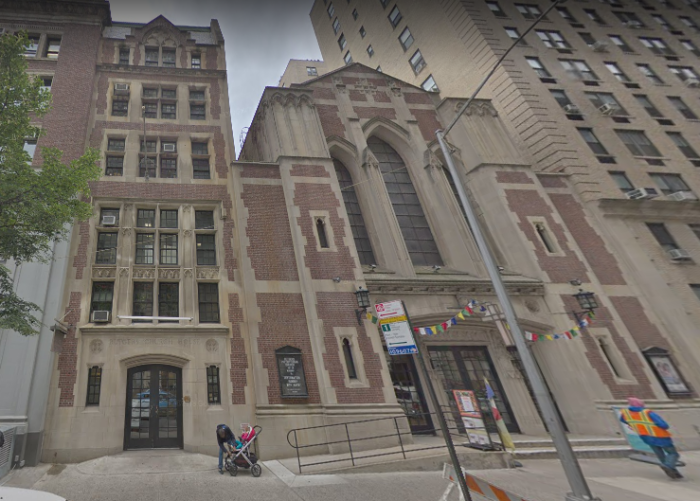Why even atheists find this Manhattan church attractive

At the centuries old, progressive Rutgers Presbyterian Church on Manhattan’s Upper West Side, an evolving culture of faith that includes an active pursuit of social justice is drawing atheists among its flock.
“It’s something I never thought would happen,” Valerie Oltarsh-McCarthy, an atheist who sat among the congregation listening to a Sunday sermon on the dangers of genetically modified vegetables told The New York Times.
Despite her personal position on God, McCarthy told the Times she was attracted by “something in the spirit of Rutgers and something in the spirit of the outside world” that caught others like Katharine Butler off-guard too.
She visited the church one day after responding to an advertisement about their environmental activism. She got so involved in that aspect of the church’s work she soon found herself involved in the more traditional parts of the faith community.
“I can’t believe I’m doing this, singing away and all the Jesus-y stuff,” she said. “It was wonderful to find a place larger than me, that’s involved in that and in the community and being of service. It’s nice to find a real community like that.”
The church, according to their website, hosts a Peace and Social Justice Network meeting on the second Sunday of each month that supports issues like anti-war efforts nationally, and healthcare and education advocacy locally.
“During the past two decades, Rutgers Presbyterian Church has continued to be one of the truly liberal and open churches in NYC that support many peace and social justice issue,” said the church, which also supports LGBT advocacy.
James Hudnut-Beumler, a professor of American religious history at Vanderbilt University, told the Times that the church has gone through various stages of evolution over time and melding of activism and faith appears to be an “interesting stage” for the longtime church.
“Rutgers has periodically reinvented itself as the Upper West Side has gone through changes like this,” he said. “This isn’t the first reinvention. It is one of their more interesting ones.”
The Rev. Andrew Stehlik, the church’s senior pastor, said many of the people attracted to the church don’t find community in traditional churches.
“People who otherwise feel marginalized or pushed out by regular congregations, more thoughtful people, say, or those who like to ask questions about faith, started to gather around our congregation,” Stehlik told the Times. “Not all of them are deeply interested in becoming yet another member of a denomination. They are still coming and worshiping with us. We call them friends of the church. Often, they’re a substantial part of the worshiping community here.”





























